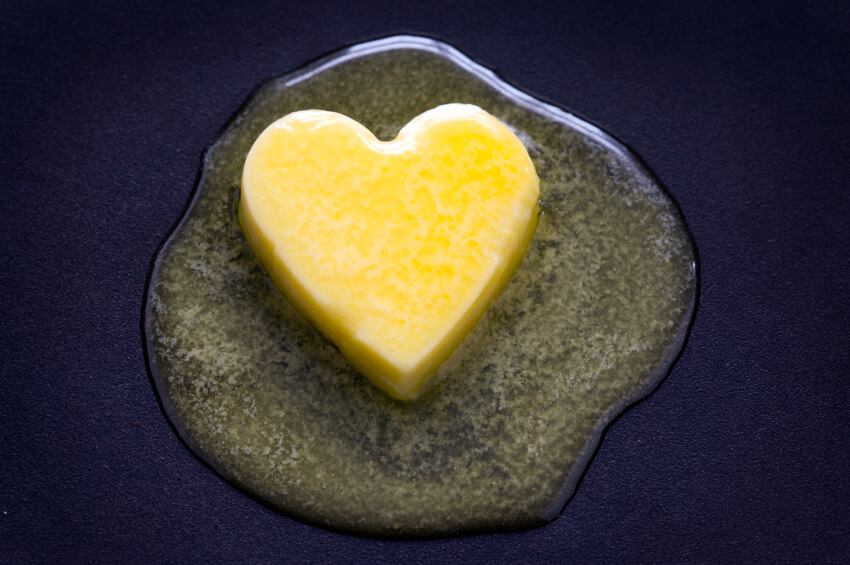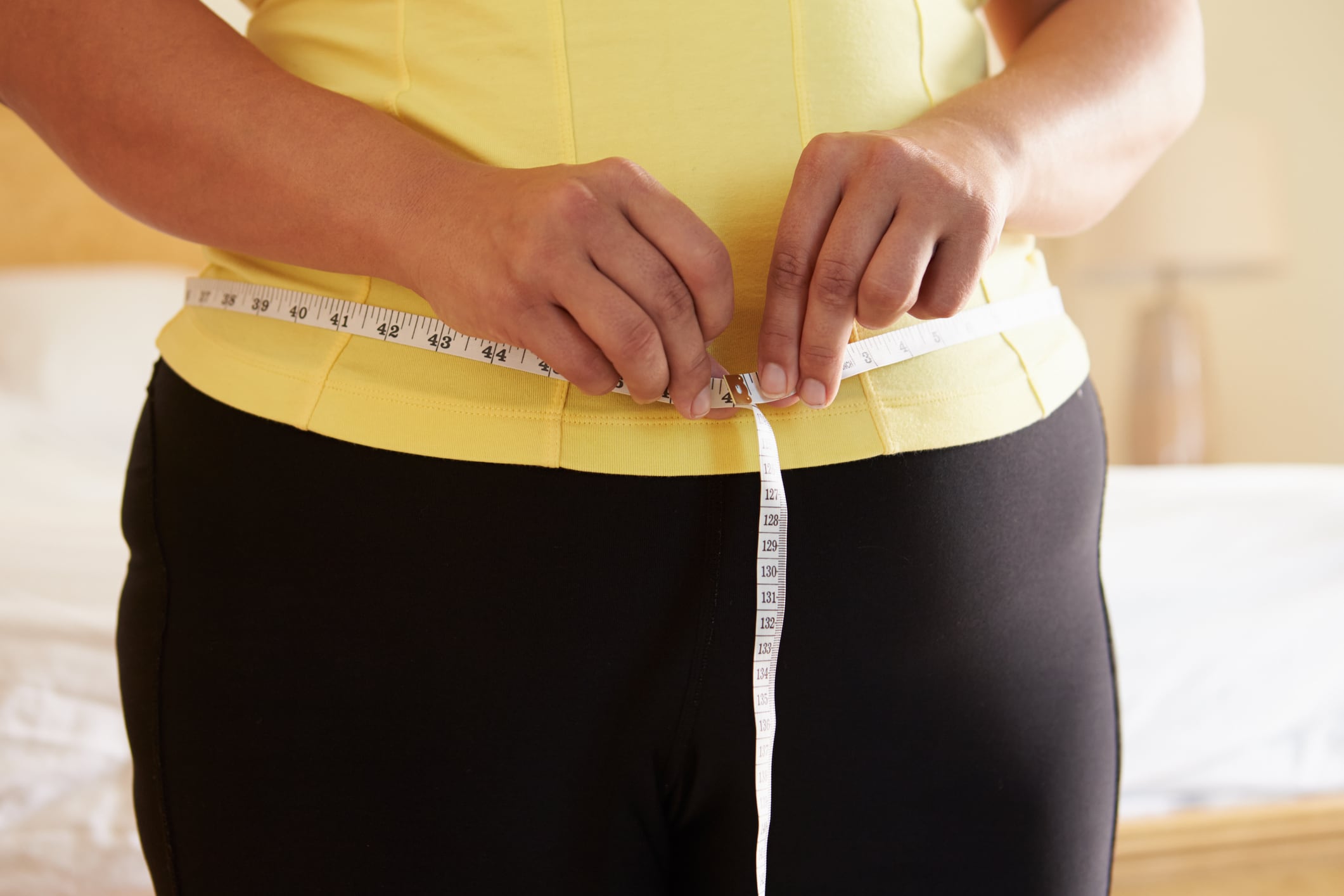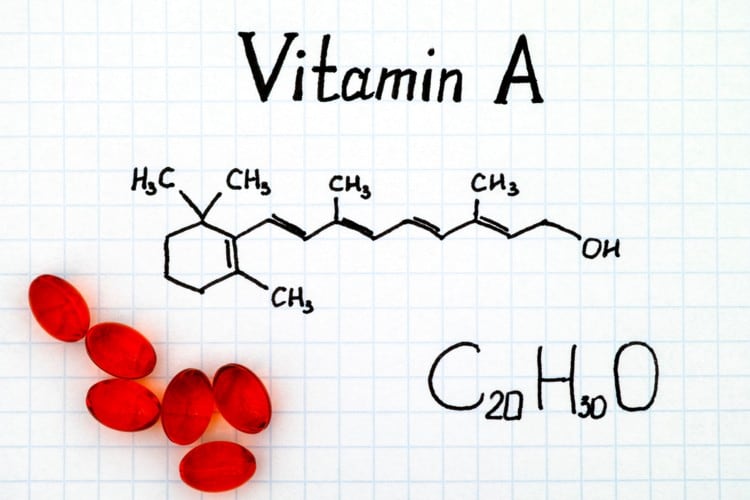The researchers’ conclusion came from analyzing the activity of LactoSpore (Bacillus coagulans MTCC 5856) in a petri dish after being incubated for 24 hours with cholesterol-rich foods like egg yolk, chicken liver, and butter in an environment that mimics the human gastrointestinal tract.
“This is particularly significant because higher than normal serum cholesterol levels are the leading cause of coronary heart disease and other disabilities,” said Dr. Muhammed Majeed, founder of LactoSpore’s manufacturer Sami Labs Limited/Sabinsa Corporation and co-author of the study.
The results were published in the journal Food Science + Technology last month.
It added to the growing body of science supporting LactoSpore’s health benefits—in 2016, study participants who ingested a LactoSpore supplement reported a decrease in clinical symptoms of IBS like bloating, vomiting, and more. A more recent study found that the probiotic may reduce IBS-related depression symptoms.
Study details
Researchers placed the probiotic spores in an assay of bile salt hydrolase, an important biomarker in managing high cholesterol levels.
“While the exact mechanisms by which probiotics lower cholesterol are unclear, it is speculated that bile salt hydrolase (BSHs) in the probiotics and/or their inherent ability to scavenge cholesterol could underlie this desired activity,” the authors wrote.
They found multiple possible ways in which the probiotic can lower cholesterol levels using this assay, including bile salt deconjugation. They also observed that the probiotic was able to metabolize cholesterol by assimilating and removing the cholesterol in the gut, “thus preventing the excess absorption of cholesterol.”
The researchers looked at the activity of these spores in multiple states—growing, resting, and heat-killed. “The removal of cholesterol varied remarkably between growing cells (48.42%), resting cells (36.47%) and dead cells (8.5%) at 24 hours,” they reported.
“However, resting and heat‐killed dead cells were also able to remove cholesterol, demonstrating the ability of B. coagulans MTCC 5856 to remove cholesterol in both its growing and non-growing forms.”
Reducing cholesterol in common food items
In addition to interaction in an assay of bile salt hydrolase, the researchers also incubated the spores with several high-cholesterol foods.
Samples of egg yolk, chicken liver, and butter were placed in a sterile electrolyte solution that mimics the gastrointestinal tract, and then LactoSpore was added.
They found that cholesterol levels were reduced in egg yolk by 40%, in chicken liver by 45%, and in butter by 50%, “thereby suggesting its ability to function in vivo [in an actual human body],” the researchers argued.
“Though further in vivo studies may be needed, the findings reported in this study provide clear evidence of the effectiveness of the probiotic strain B. coagulans MTCC 5856 in the nutritional treatment of diet‐induced hypercholesterolemia.”
Source: Food Science + Technology
Published online, https://doi.org/10.1111/ijfs.13926
“Evaluation of the in vitro cholesterol‐lowering activity of the probiotic strain Bacillus coagulans MTCC 5856”
Authors: Muhammad Majeed, et al.




